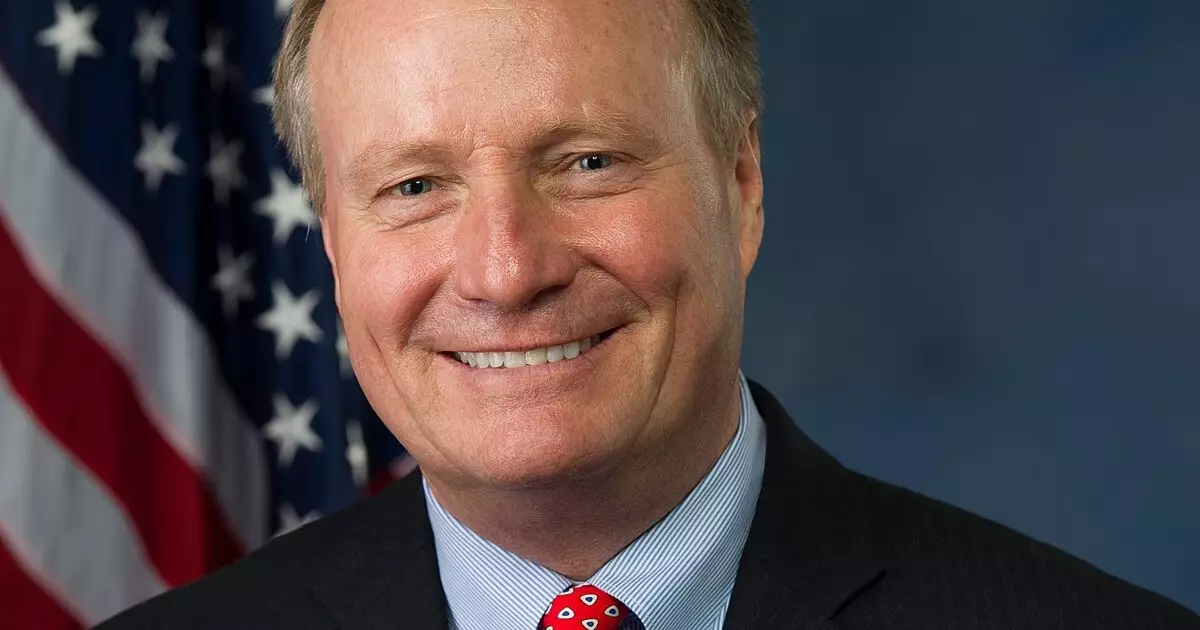In the face of escalating security challenges, the leadership of Washington D.C. is making a compelling appeal for a substantial boost in federal funding. Specifically, the District’s fiscal year 2025 request totals $932 million, reflecting an increase of $142 million over the currently enacted budget. This request comes at a pivotal time, as the city prepares for significant events such as the Presidential Inauguration, which necessitates additional emergency preparedness funding. Representative Dave Joyce of Ohio underscored this urgency by highlighting that $47 million of the proposed increase is earmarked specifically for this purpose, emphasizing the gravity of emergency readiness in today’s socio-political climate. Such financial requests are not made lightly; they stem from tangible concerns about public safety and the capacity to effectively manage high-stakes events.
During a recent House Appropriations hearing, prominent city figures, including Mayor Muriel Bowser and the Chief Financial Officer, contended robustly for the budgetary increase. Mayor Bowser reinforced the city’s financial health by stating that D.C. has successfully balanced its budget for the last 29 consecutive years and currently boasts a triple-A bond rating. This solid financial foundation is critical as it not only enhances the city’s credibility but also solidifies its position as an attractive entity for both residents and businesses. However, while the local administration presents a unified front indicating fiscal prosperity, one must consider the underlying complexities of their relationship with the federal government.
The dynamics between Washington D.C. and Congress are intricate, as the District relies on federal grants and reimbursement for expenses related to federal activities. This financial oversight is a double-edged sword; while it provides necessary financial support, it also subjects D.C. to congressional whims and political maneuvering. Council Chairman Phil Mendelson pointed out the vulnerabilities posed by the unpredictability of federal appropriations, noting how delays or disputes in Congress could elevate the city’s borrowing costs. This aspect of the funding request highlights concerns about how legislative gridlock can indirectly jeopardize the operations and fiscal strategies of local governments.
Compounding the city’s budgetary challenges is the lingering impact of the COVID-19 pandemic on local economies, particularly as remote work norms have become entrenched. Chief Financial Officer Glen Lee articulated the dire situation where office occupancy remains at approximately 50% of pre-pandemic levels. This shift has led to an estimated shortfall of 100,000 to 250,000 commuters in D.C. on any given day, dramatically affecting local businesses and reducing tax revenues. The reliance on a robust, in-office workforce is quintessential for maintaining economic vitality, and the transition to remote work poses significant challenges that the city must begin to navigate thoughtfully.
Historically, Washington D.C.’s budget requests have faced complications arising from unrelated legislative riders that often complicate funding efforts. These riders have included contentious items related to various local social issues, ranging from cannabis policies to voting rights for non-citizens. Representative Steny Hoyer emphasized the importance of local governance, arguing that residents of D.C. are fully capable of managing their affairs without interference from distant congress members. This narrative highlights a critical point: the tension between local autonomy and federal oversight raises questions about the democratic principles underpinning self-governance.
As Washington D.C. navigates the precarious balancing act of fiscal responsibility, security preparedness, and political sensitivity, it is clear that collaboration with federal partners is imperative. The escalating budget requests reveal a city striving not only to maintain its stability but also to uphold its responsibilities to its citizens. A respectful partnership, grounded in an understanding of local needs and federal realities, is essential to fostering an environment in which Washington D.C. can thrive amidst the ever-evolving challenges of governance and urban management. In these efforts, it is vital to reconsider the nature of the relationship between the District and Congress to ensure that the principles of local self-determination are upheld, enabling Washington D.C. to flourish independently while also engaging constructively with its federal counterparts.

